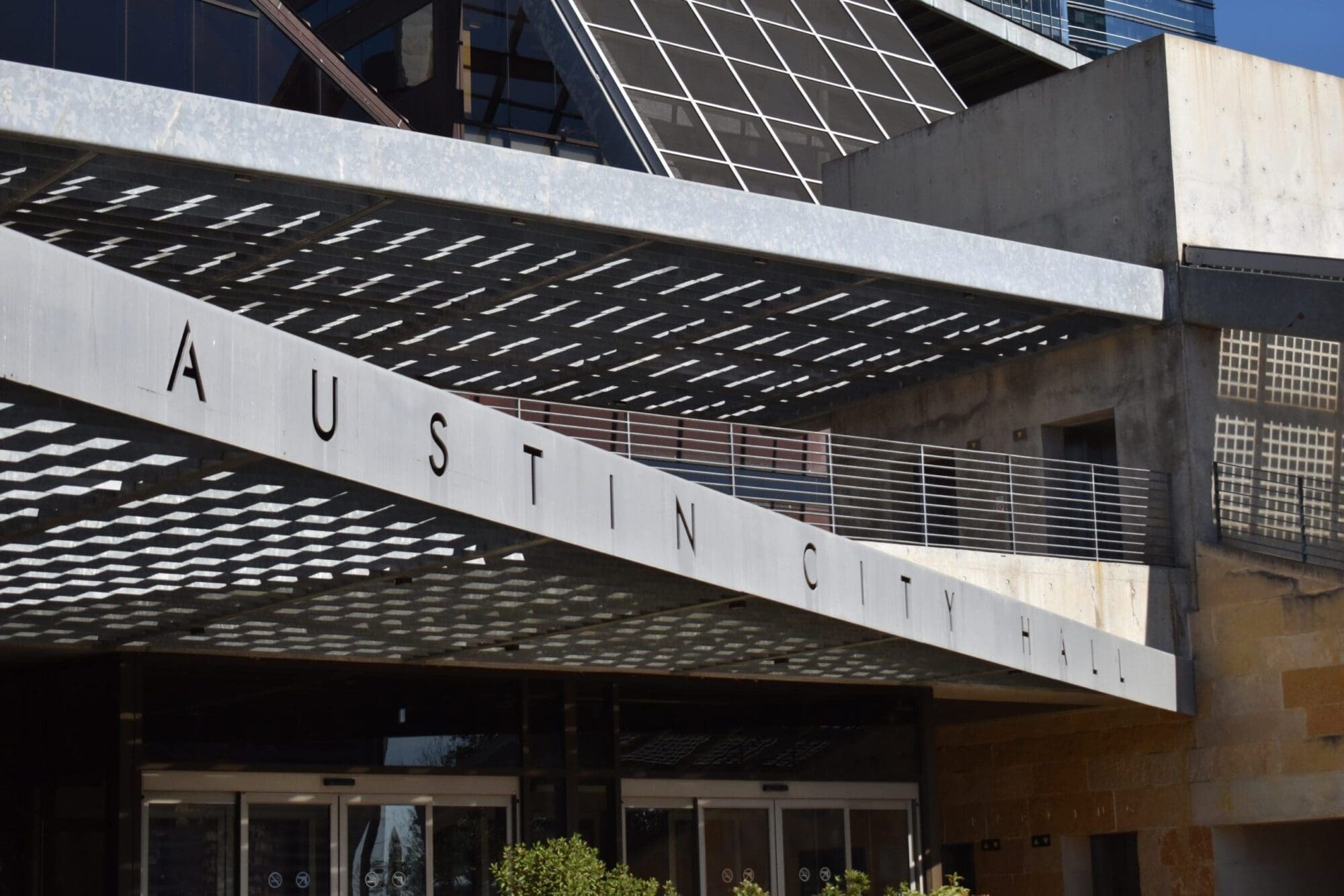If you ask a homeowner in Texas how they feel about their property taxes, odds are they will tell you that property taxes are a major burden for their family and that they hope to get property tax relief in the ongoing special legislative session.
Where Texas Ranks Compared to Other States
In February of last year, WalletHub reported that the state of Texas had the seventh-highest property tax burden in the United States, coming in lower than Wisconsin, Vermont, Connecticut, New Hampshire, Illinois, and New Jersey, where the annual taxes paid on a home priced at the state median value was $3,099.
Just one year later, another report from the Tax Foundation has Texas ranked as the state with the sixth-highest property tax rate, preceded only by Connecticut, Vermont, New Hampshire, Illinois, and New Jersey.
They Promised to Address This
Republicans have controlled the state Legislature and held every statewide office for nearly two decades. Yet despite campaign promises to the contrary, property tax burdens have increased by 181 percent in that time, quickly outpacing several other states.
Texas Gov. Greg Abbott announced property tax relief as an item on his special session agenda the day before the ongoing special session began on July 8.
In 2019, the Texas Legislature appropriated roughly $5.1 billion to the newly established property tax relief fund. In the budget passed by the Legislature this session, they maintained the existing amount of funding for property tax relief, even though burdens are increasing.
With regard to the 2019 legislative session, Tim Hardin, executive director of Texans for Fiscal Responsibility, said:
Relief is a reduction in property taxes, where reform—which is what I would say they did—is a changing of the system and making improvements. And I would definitely say what they did was an improvement. But as is the case most of the time with the Legislature, it was not what they were instructed to do. They did the bare minimum. They are still allowing cities to raise taxes on homeowners.
Hardin also said, “The supposed tax reform we received last legislative session gave no relief to Texans. Capping tax increases simply slows the growth of out-of-control property taxes.”
Dr. Vance Ginn, chief economist for the Texas Public Policy Foundation, said:
Texans literally can’t afford for the legislature to wait years to address the issue or make small changes to the system. It’s time for bold action. Policymakers now have the opportunity to get it done in the special session.
In a recently released report, Dr. Ginn and others lay out a plan to eliminate property taxes altogether, as well as provide a summary of the litany of issues within the overall property tax system (which include the convoluted system by which the taxes are collected and the regressive nature of the tax itself when compared to that of a sales tax).
One of the options that is explored in the report is the “buying down” of the tax burdens with surplus state revenue. Texas Comptroller Glenn Hegar recently announced a revised revenue estimate for the next biennium (Fiscal Years 2022-23), projecting a surplus of $7.85 billion.
The report estimates that at least $5 billion of that surplus would need to be allocated to “buy down” school district maintenance and operations (M&O) property taxes to actually lower Texans’ property tax bills.
This is also something supported by Texans for Fiscal Responsibility and activists who have been clamoring for real property tax relief.
The Ongoing Special Session
Thus far, due to a paralyzed House of Representatives, unable to conduct legislative business both as a legislative body and in committee due to a lack of quorum, the current prospects for property tax relief during this current special session look slim.
In the House, State Rep. Tom Oliverson (R–Cypress) filed House Bill 122, which would use 90 percent of the surplus to “buy down” M&O property taxes, which would result in an almost 10 percent savings for Texas property taxpayers. It was referred to the House Appropriations Committee before the House reached its current paralysis and has not moved since.
The Texas Senate, having enough members present to conduct legislative business, has passed three bills from its chamber that address property taxes; whether the bills will provide true relief or not is another question. State Sen. Paul Bettencourt (R–Houston) filed Senate Bill 8, which allows a person who acquires property to qualify for the homestead exemption in the first year of ownership. Senate Bill 12 along with its enabling legislation, Senate Joint Resolution 4, would allow Texas voters to extend the tax rate compression seen in the property tax reform from 2019 to those who qualify for the existing over-65/disability exemption.
Abbott praised the passage of these bills from the Senate, promoting it as nearly $750 million in property tax relief over the next four years. But as Texans for Fiscal Responsibility noted, the legislation uses less than 10 percent of the $7.85 billion budget surplus, amounting to less than a 0.25 percent reduction in property taxes per year.
To find out more about what happened during the regular 87th Legislative Session with regard to property taxes, you can find our autopsy report here.





